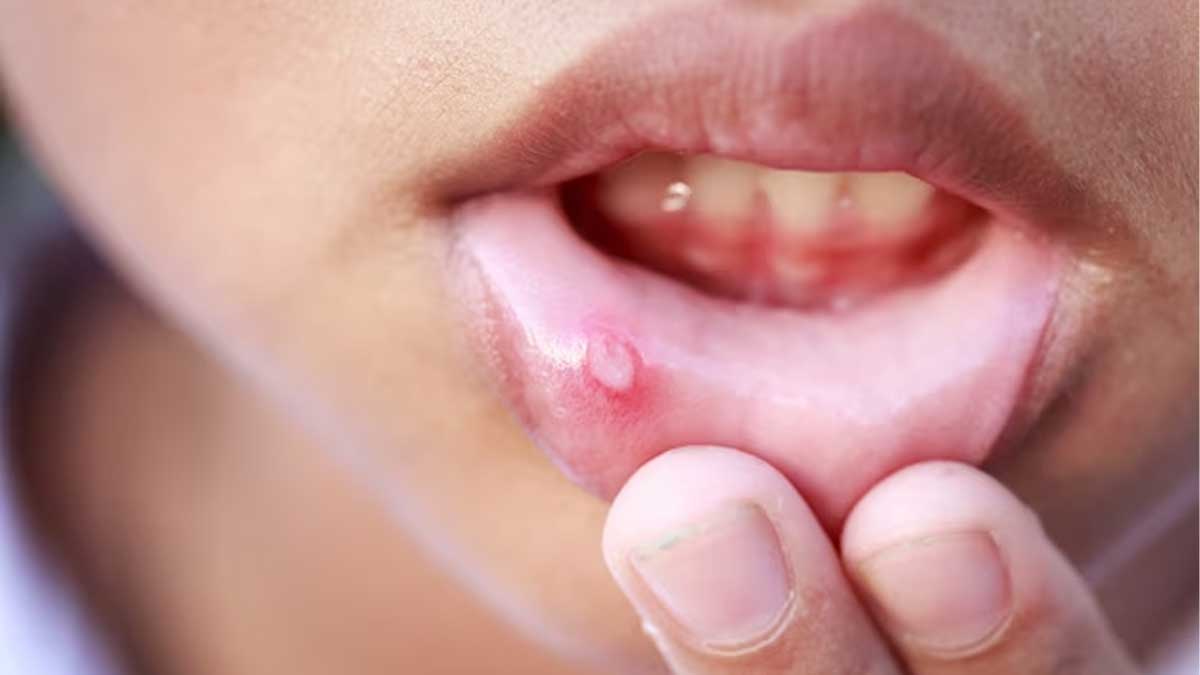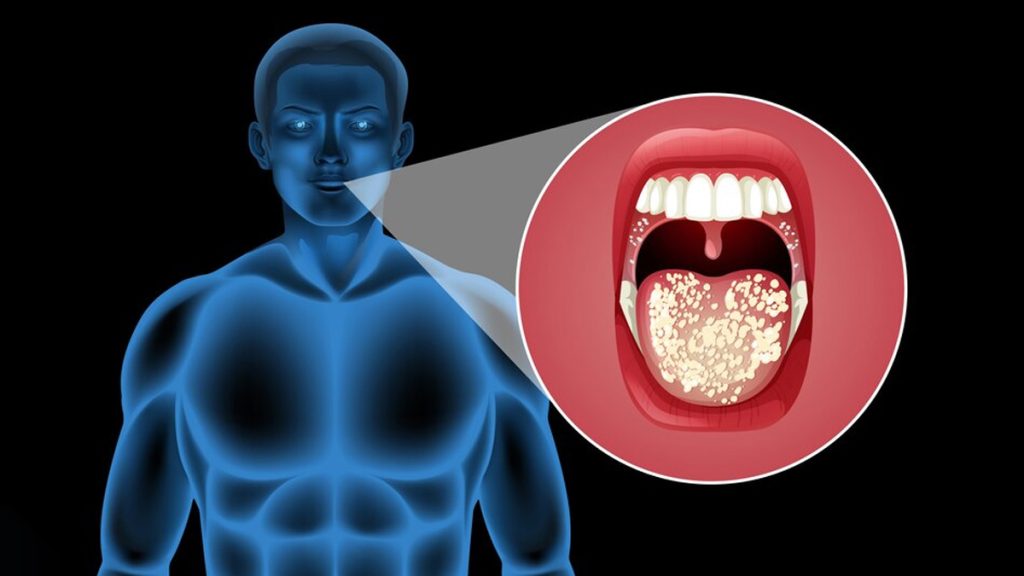
Having an ulcer in the mouth can make even the simplest meal an agonising experience. These teeny but potent sores, canker sores or aphthous ulcers as they are also called, can make you cringe at the mere thought of eating. Although they heal naturally in a week or two, judicious food choices can go a long way in easing discomfort, hastening recovery, and avoiding irritation. So, what do you grab when your mouth is a minefield?
Table of Content:-
We asked the same question to our expert, Dr Shrey Kumar Srivastav, General Physician and Senior Consultant, Sharda Hospital - Noida, and he explained that the golden rule when you've got mouth ulcers is to go for soft, bland, and non-acidic foods. Gentle on the palate, easy to swallow, and not to sting. Here's a breakdown of what to focus on, according to him.
Soft and Smooth Textures
Your best friends are those foods that need the least chewing. Mashed potatoes, cooked pasta, scrambled eggs, yoghurt, and smoothies are all great options. Soups, particularly creamy and pureed soups, can deliver much-needed nutrients without bothering. Room temperature or slightly warm options are always better than very hot or cold food, as they tend to trigger less pain.
Bland is Best
Spicy, salty, and highly flavoured foods are instant no-nos. These will irritate the ulcer, produce a stinging burning pain, and hinder the process of healing. So put your favourite chilli, hot sauces, and salty snacks on the back burner for a while. Plain chicken, fish, or tofu (gently cooked) will supply protein without the kick.
Also Read: The Secret To A Flat Stomach? A Gastroenterologist's Number 1 Tip For Bloating Relief

Non-Acidic Options
Acidic foods and liquids are infamous for irritating mouth ulcers. These include citrus fruits (oranges, lemons, grapefruits), tomatoes, vinegar, and some fruit juices. Although these are usually healthy, it is best to steer clear of them until your ulcer has healed. Instead, opt for less acidic fruits such as bananas, melons, and peaches.
Hydration is Key
It is important to remain well-hydrated for general health, and particularly so when one is confronted with mouth ulcers. Water, non-acidic diluted fruit juices, and lukewarm herbal teas can keep your mouth moist and promote healing. Do not use carbonated beverages and alcohol, as they irritate sores.
Nutrient-Rich for Healing
Though comfort comes first, don't neglect the role of nutrients. Meals high in B vitamins (particularly B12, folate, and B6), iron, and zinc may help repair tissue and stimulate your immune system. Supplement your diet with fortified cereals, lean meats, and cooked and pureed leafy greens if chewing is a problem. Even dairy foods such as yoghurt, with their probiotics, can aid in the health of the gut, which is connected to the overall state of immunity.

What to Totally Avoid
According to Dr Srivastav, a few food items you need to totally avoid if you have mouth ulcers are:
- Hard and Crunchy Foods: Nuts, chips, crackers, and toast can scratch or do further damage to the ulcer.
- Spicy and Salty Foods: They will produce quick pain and inflammation.
- Acidic Foods and Beverages: Vinegar, citrus fruits, tomatoes, and carbonated beverages.
- Extremely Hot or Cold Food/Drinks: High temperatures can activate pain.
- Alcohol and Cigarettes: Both are irritants and will slow down healing.
Takeaway!
Tune into your body. If food hurts, eliminate it. Mouth ulcers are a temporary annoyance, and with careful diet decisions, you can reduce discomfort and promote a quick recovery. When your ulcer is healed, you can add back your favorite foods gradually, but always note the feel of your mouth.
Also watch this video
Read Next
Beat Fatty Liver: Nutritionist Recommends Top 5 Foods To Detox And Melt Liver Fat Naturally
How we keep this article up to date:
We work with experts and keep a close eye on the latest in health and wellness. Whenever there is a new research or helpful information, we update our articles with accurate and useful advice.
Current Version